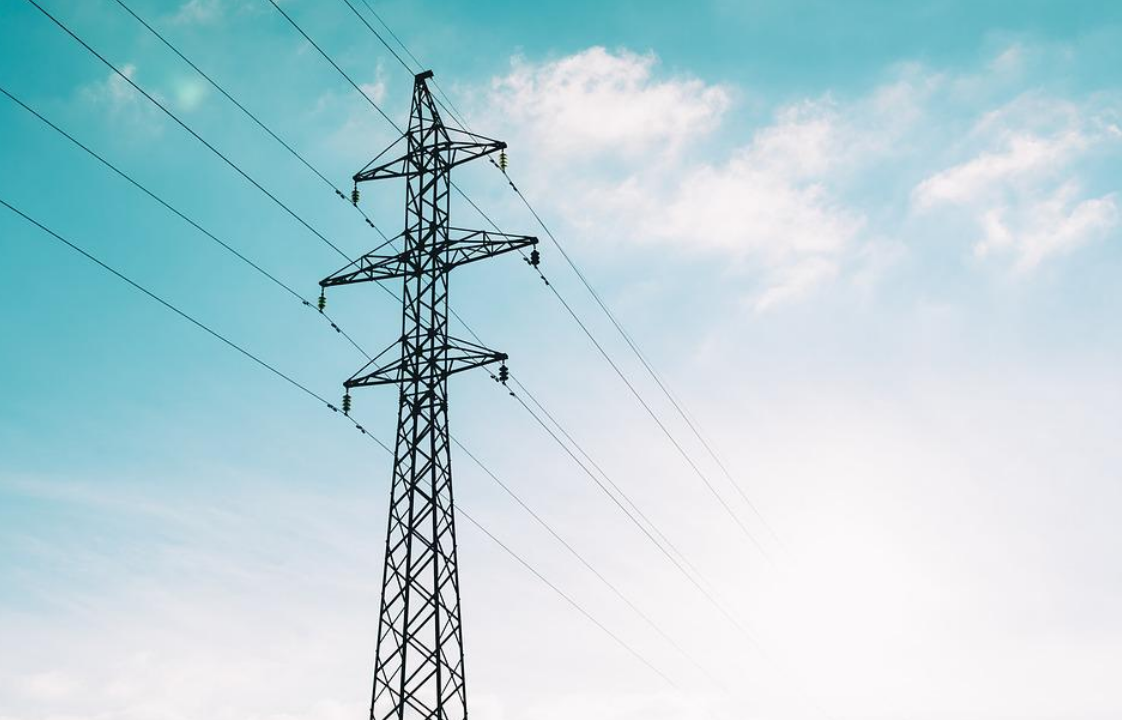Pinergy has today (Friday, September 16) announced that it is to increase the amount it will pay to farmers selling excess electricity back to the grid.
The energy supplier said that the new Clean Export Guarantee (CEG) tariff of 21c/kWh will apply to customers, including farms, businesses and domestic homes, who are generating their own renewable electricity.
The CEG tariff is part of the government’s Micro-generation Support Scheme, which is aiming to increase the installation of renewable energy technology, such as solar panels, across the country.
In a statement, Pinergy said that its ‘MicroGen plan’ will increase from 13.5c to 21c/kWh to reflect the significant increase in wholesale energy prices.
The company will start paying customers with immediate effect for energy exported to grid.
It added that payments will be backdated to February, when the government scheme was established, for qualifying customers.
“This new rate of 21c/kWh announced by Pinergy today, now represents the highest CEG tariff offered by any energy company operating in Ireland to date,” the company claimed.

Commenting on the announcement, Enda Gunnell, chief executive of Pinergy, said:
“We already have several hundred customers that are on Pinergy supply who are exporting their excess energy having been approved for the micro-generation scheme.
“We are delighted with the response we have had from our customers so far. The interest shown towards the scheme demonstrates the willingness of customers to contribute positively towards a more sustainable energy future.
“At Pinergy we are seeing a lot of potential for further growth for micro-generation in Ireland and we are excited to play our role in this transition.”
“Customers will receive monthly credit for their excess energy that is being sold back to Pinergy depending on how much energy that they are exporting back to the grid every month.
“Up to the end of August, Pinergy’s commercial and residential customers approved for the scheme have exported the equivalent annual demand of 35 typical homes of excess electricity back to the grid,” Gunnell said.
